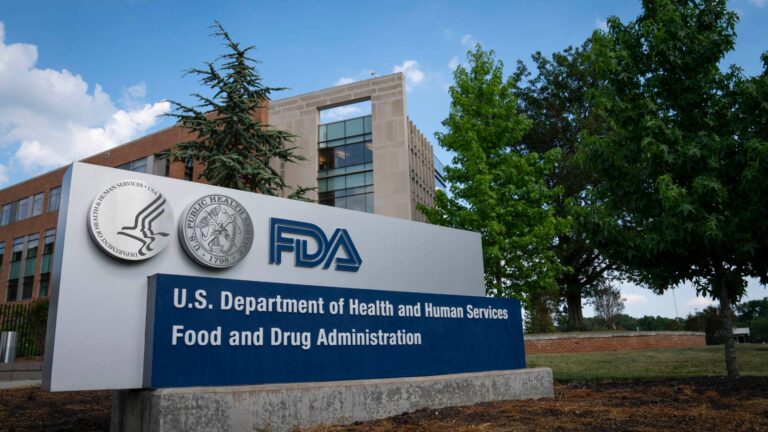July 24, 2014 – A better understanding of how adolescents weigh risks and benefits in direct-to-consumer (DTC) ads is needed to address concerns the FDA has about this vulnerable population, the agency stated in a notice published July 21 in the Federal Register (2014-16998).
“Adolescents are a unique audience for DTC drug marketing because their cognitive abilities are different than those of adults,” the notice stated, adding that “existing theoretical and empirical data make a strong case for treating adolescence as a unique life stage during which vulnerabilities that can affect informed decisionmaking must be taken into account.”
The agency plans to conduct a randomized, controlled study in two different medical conditions – Attention Deficit Hyperactivity Disorder (ADHD) and acne – and will enroll three age groups that range in age from 13 to 30, as well as a cohort of parents of the younger individuals. The study will examine three different factors in fictitious DTC ads for the ADHD and acne products: (1) the timing of the onset of benefits; (2) the timing of the onset of risks; and (3) the severity of the risk within each condition.
“While the results of this study may be interesting, I fail to see how the results could inform FDA’s DTC regulation,” said Coalition for Healthcare Communication Executive Director John Kamp. “Indeed, with a substantial set of First Amendment questions about FDA marketing regulations facing the agency right now, this would seem to be a low priority matter.”



